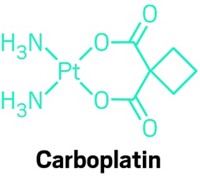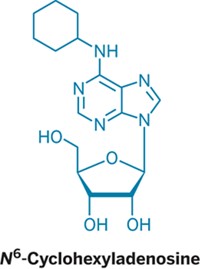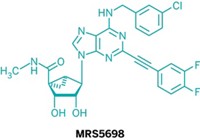Advertisement
Grab your lab coat. Let's get started
Welcome!
Welcome!
Create an account below to get 6 C&EN articles per month, receive newsletters and more - all free.
It seems this is your first time logging in online. Please enter the following information to continue.
As an ACS member you automatically get access to this site. All we need is few more details to create your reading experience.
Not you? Sign in with a different account.
Not you? Sign in with a different account.
ERROR 1
ERROR 1
ERROR 2
ERROR 2
ERROR 2
ERROR 2
ERROR 2
Password and Confirm password must match.
If you have an ACS member number, please enter it here so we can link this account to your membership. (optional)
ERROR 2
ACS values your privacy. By submitting your information, you are gaining access to C&EN and subscribing to our weekly newsletter. We use the information you provide to make your reading experience better, and we will never sell your data to third party members.
Environment
Treating Chemobrain
Antioxidant can prevent cognitive problems that stem from chemotherapy
by Sophie L. Rovner
September 9, 2008
Battling cancer can be hellish, not only as a result of the direct effects of the malignancy but also because some patients suffer significant memory loss and attention problems. Now, Gregory W. Konat of West Virginia University and colleagues have demonstrated that chemotherapy can cause these cognitive difficulties, known as chemofog or chemobrain, and that they can be treated (Metab. Brain Dis. 2008, 23, 325).
First, the researchers treated healthy rats either with saline or with adriamycin and cyclophosphamide, which are used to treat breast cancer. They then used an electric shock to train the rats to avoid a darkened compartment in an enclosure. When the rats were subsequently returned to the enclosure, those that received the chemotherapy were much more prone to enter the dangerous dark compartment.
This "profound dysfunction of short-term memory" was prevented by coadministering the antioxidant N-acetylcysteine during chemotherapy, according to the authors. The results suggest that oxidative stress caused by chemotherapy, expressed in the form of cell-damaging free radicals, harms the brain. Previous studies indicate antioxidant supplements won't interfere with the efficacy of chemotherapy, the researchers note.






Join the conversation
Contact the reporter
Submit a Letter to the Editor for publication
Engage with us on Twitter